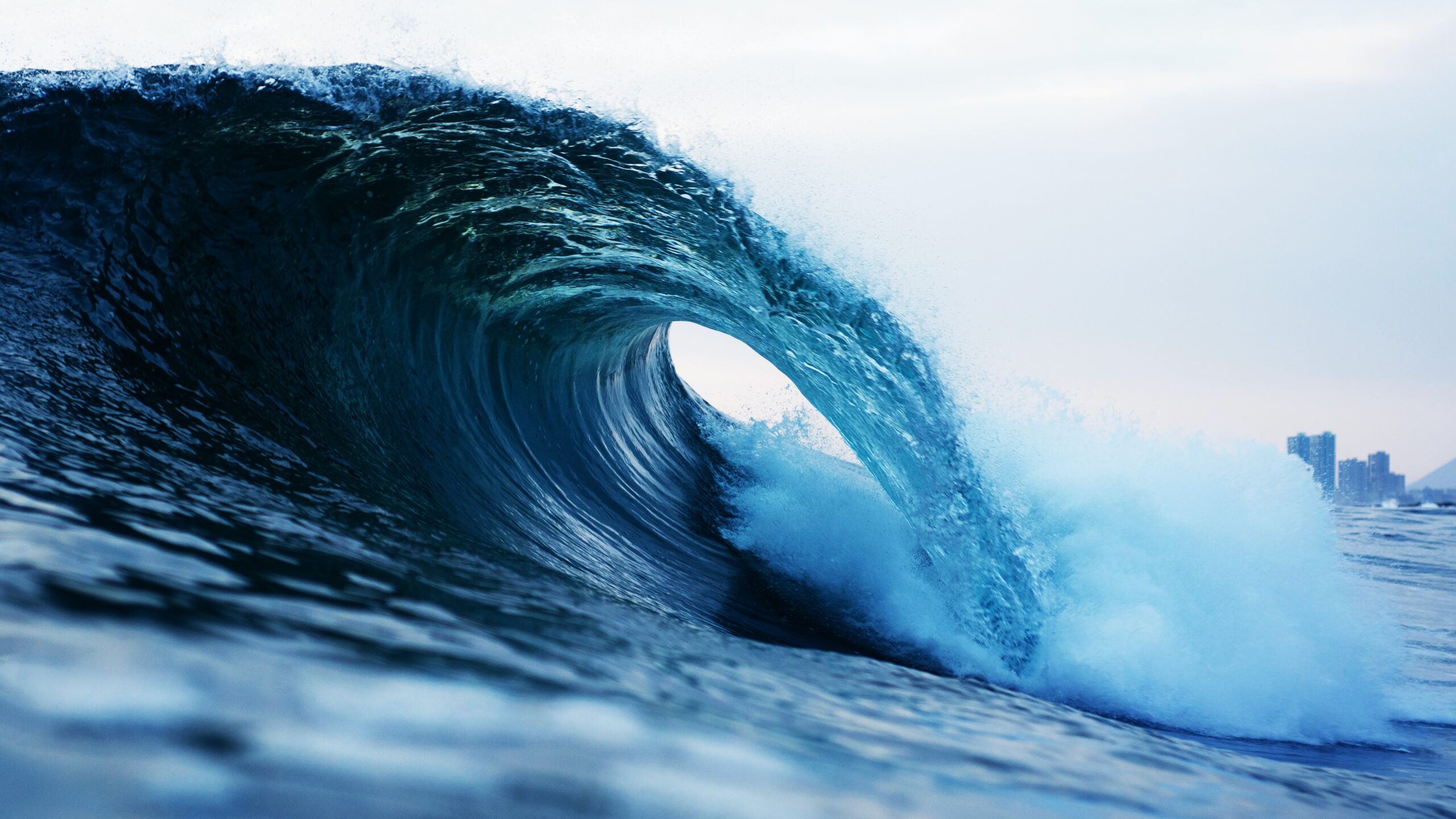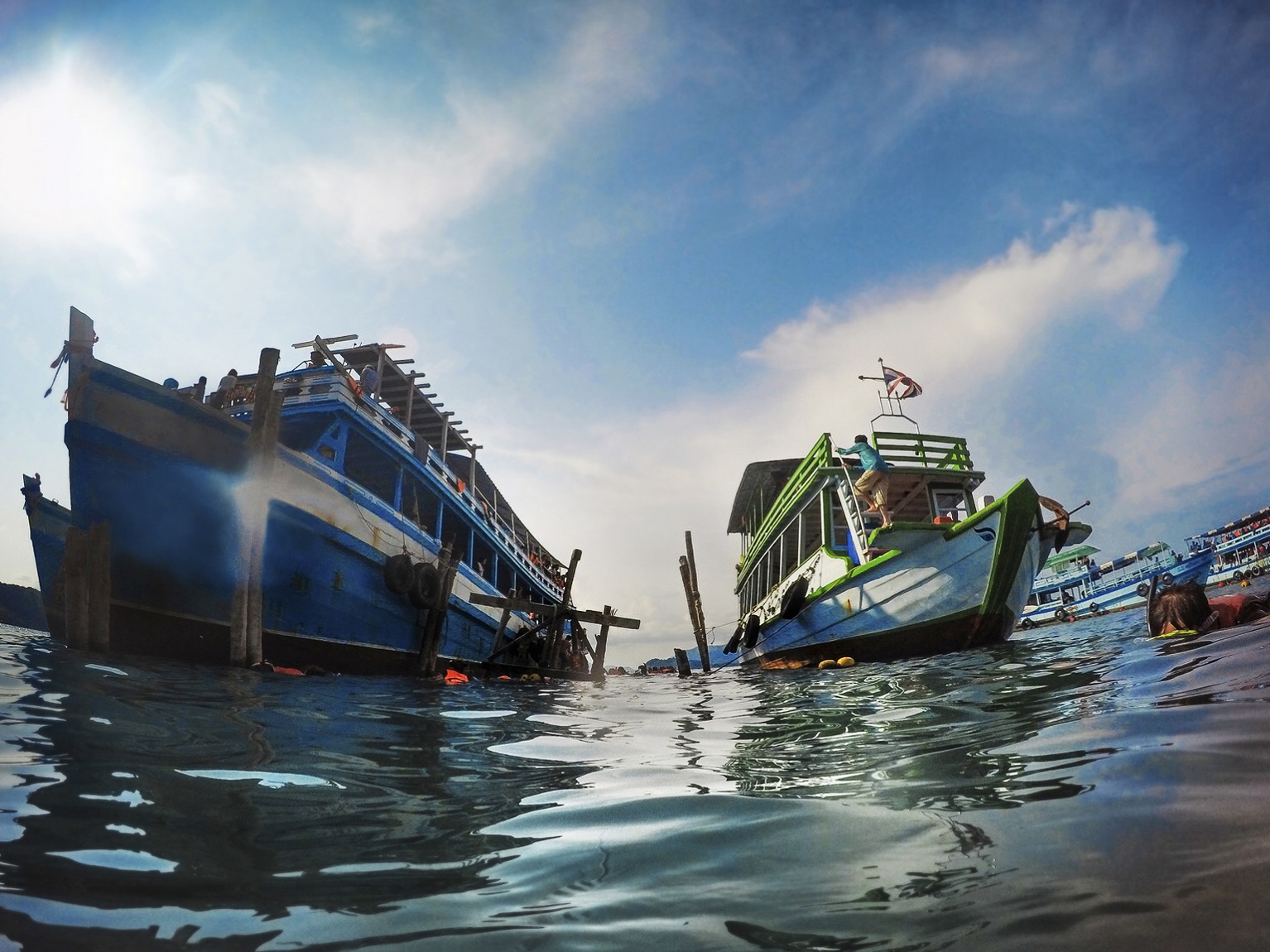
Mexico’s ‘Inter-ministerial’ and Integrative Approach to Sustainable Ocean Plans
Sustainable Ocean Plan
Summary
Mexico’s design and vision for a national Sustainable Ocean Plan emphasises inclusivity, participation, and integration of environmental, social and economic aspects with a landscape-seascape vision. The plan, currently in development, follows Ocean Panel guidelines to achieve 100% sustainable ocean management through wide participation and consultation with stakeholders, including Indigenous peoples and local communities. Positive impacts from plan development are already being experienced by communities, with more benefits expected as it is put into practice. Despite associated challenges, Mexico’s Sustainable Ocean Plan highlights the value of effective coordination across government ministries, as well as monitoring and prioritisation.
Background
Mexico has comprehensive legal, regulatory and administrative frameworks related to coastal and ocean management. To cut across these bodies, the government created an “Inter-ministerial Commission for the Sustainable Management of Seas and Coast” (CIMARES). The Commission’s aim is to coordinate the actions of government agencies involved in creating and implementing national policies related to the planning and sustainable development of Mexico’s coastal and ocean areas. Its key goals include increasing production from the ocean while ensuring environmental sustainability, promoting transparency and public participation in decision-making, as well as improving and harmonising the inter-governmental and inter-sectoral framework for action.
In establishing a national Sustainable Ocean Plan, Mexico faced three challenges:
- Lack of integration: Integration across sectors was insufficient and greater efforts were needed to link management of the environment, society, and economy to ensure effective regulation.
- Lack of coordination: Action in coastal areas did not have a joined-up approach, meaning that disparate efforts could at times negatively affect neighboring initiatives.
- Complex national context: Defining a comprehensive national policy that fits each and all of Mexico’s coastal and marine ecosystems as well as the communities that depend on them presents equally unique challenges.

Challenges
To solve these issues and create an integrative Sustainable Ocean Plan framework, Mexico worked in four different areas:
Coordination: National Policy for Seas and Coast (PNMC). The PNMC is made up of representatives from all ocean-related government dependencies and is the legal instrument for the integrated management of Mexico’s coastal and ocean areas. This group works towards Ocean Panel activities and commitments and allows Mexico to work in a coordinated and harmonious manner towards achieving the 100% commitment.
Planning: Intersectoral consultations. Mexico’s SOP development was steered by the Ocean Panel’s Guide to Sustainable Ocean Plans which emphasises the need for a ‘whole of government’ approach. As a first phase, Mexico made a participatory process that included that included Federal government offices, members of the Expert Group and experts from civil society organisations and research institutes. On completion, Mexico’s “Implementation Strategy for a Sustainable Ocean Economy in Mexico 2021 to 2024” (EIEOS) was published in 2022 to define a sustainable ocean economy, identify short term priorities, map initiatives to accelerate the transition, and provide elements to inform their Sustainable Ocean Plan. As a second phase, the objective was to align the national regulatory framework, where it was decided that the PNMC would be updated. During the process of updating this document, experts, organizations and members of the academic, private, public, and civil society sectors from the country’s 17 coastal states participated. 170 experts participated through an online survey, 241 participants in 7 remote focus group workshops, 199 participants in 6 regional face-to-face workshops, in addition to a national workshop to socialize the process and the results so far, and to update the key actors in the updating process.
Other ad hoc projects being developed to advance the headline commitment include PROBLUE funds, from the World Bank, which financed the process of defining and formulating Mexico’s Sustainable Ocean Plan. The French Development Agency also provided financial resources for Mexico’s transition towards a sustainable ocean economy. The project was coordinated by the Secretariat of Agriculture and Rural Development (SADER) and the National Fisheries Institute (INAPESCA), in collaboration with the Secretariat of Foreign Affairs (SRE), aimed to strengthen a National System of Fishing Refuge Areas in three areas: public policies, capacities and governance.
Legal Framework: Coordinating legal frameworks. To aid Mexico’s transition to a sustainable ocean economy, the government held a roundtable meeting, and a workshop with civil society. This brought together a technical advisory group and defined the priority themes to jointly promote a legislative agenda on coastal and ocean areas between the Executive and Legislative branches, and civil society. Presently, the PNMC is undergoing a review process to reflect Mexico’s commitment to achieve 100% management of the ocean under national jurisdiction, as well as its progress and priority areas towards a sustainable ocean economy.

Sustainable Ocean Plan Preliminary Framework
Mexico’s SOP framework takes into account the PNMC and three additional elements to strengthen the policy instrument:
Marine Ecological Ordering (OEM) to ensure that the policy instruments that regulate or induce the use and management of marine and coastal productive activities, promote both the sustainable use and environmental protection of natural resources in these areas.
Budgetary Programs and Policies to ensure existing budgetary programs and policies are aligned.
System for Socio-Environmental Assessment of the Ocean —an ocean knowledge platform to collect data to inform decision-making and monitor the SOP and Marine Ecological Ordering. This would draw on existing platforms from agencies like the National Institute of Statistics and Geography, Ministry of the Environment, National Commission for Biodiversity and the Ministry of the Navy.
Expected benefits:
Improved coordination between institutions of the Federal Public Administration, Coastal States, and other entities to formulate public policy instruments for economic-social development and conservation of the country’s marine-coastal ecosystems.
Capacity creation and building to better understand the problems facing coastal-marine ecosystems and to design and implement solutions.
Design and implementation of strategies and projects in specific coastal-marine regions of the country.
Active participation of civil society to generate sustainable development models for activities in coastal and marine regions of the country.
Observed benefits:
Since Mexico joined the Ocean Panel, local communities and the environment have already experienced benefits:
Recognising marine issues as an essential priority for Mexico and the world: This was made possible through the Technical Secretariat of CIMARES as well as the leadership of the Ministry of Foreign Affairs, and resulted in actions that will aid in the transition towards a sustainable ocean economy.
Strengthening and prioritising the participation of local and Indigenous communities: This involves integrating local knowledge and an understanding of disproportionate impacts. The ultimate aim is to ensure the ocean continues to be a source of well-being for everyone.
Towards successful implementation
Strong organisation and coordination is required to effectively implement Mexico’s Sustainable Ocean Plan.
Regulations, coordination, and monitoring must be achieved through regulatory frameworks at both the highest level sessions and individual working group meetings that help to ensure clear deliverables and process points. For transparency, each working group and subcommittee has an assigned coordinator who tracks progress on tasks and aligns with group members on next steps from ongoing meetings.
Prioritisation of aims: In 2021, Mexico conducted a prioritisation exercise to advance implementation of the recommendations of the Transformations document and identify the most important areas for the country. Based on this process, Mexico’s “Implementation Strategy for a Sustainable Ocean Economy 2021-2024” was prepared and published in August 2022, aiming to identify priorities for a sustainable ocean economy. The strategy represents an unprecedented collaborative effort across sectors and institutions, serving as a guiding framework rather than replacing existing plans and programmes.
Further information
For Further Information, visit:
- CIMARES Website. https://digaohm.semar.gob.mx/CIMARES.html
- Strategy of instrumentation for a sustainable ocean economy in Mexico https://digaohm.semar.gob.mx/Archivos/EIEOS.pdf
Contact details
Send an email to ciio@semar.gob.mx



 Previous
Previous